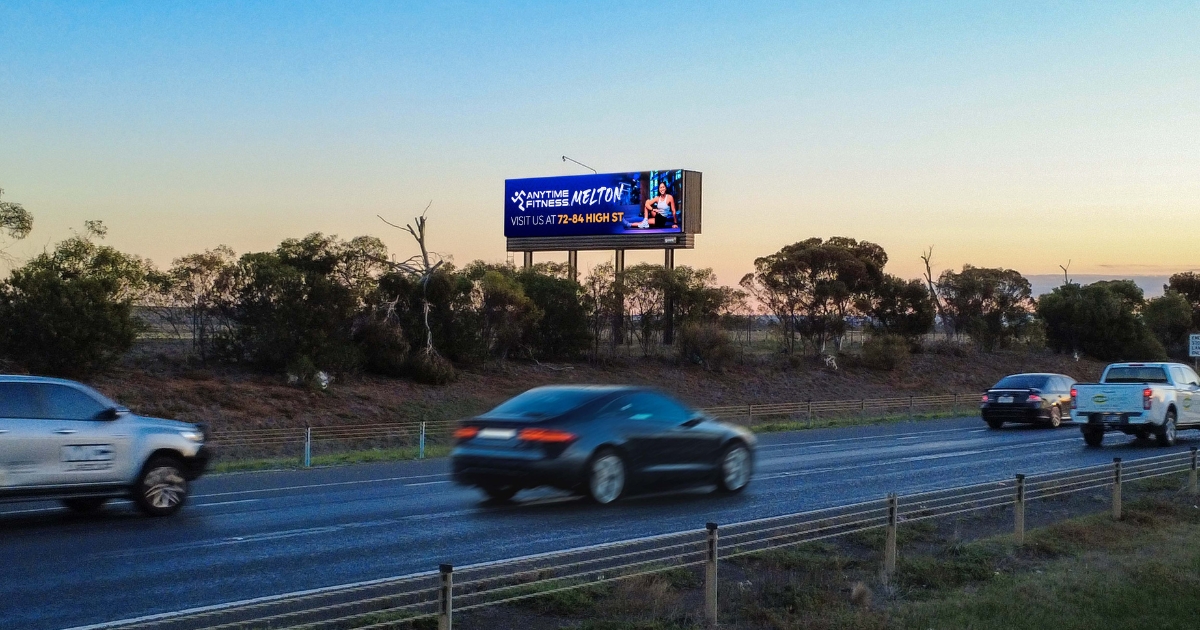Tender still open to propose rural livestock hub

e city ran an online tender information session about the hub on March 29, and a City of Greater Geelong spokesperson said this week that tenders would close on Friday, April 21. Photo: SUPPLIED
SOME kind of facility to replace the former Geelong Saleyards and service the municipality’s rural areas is yet to be locked in, with tenders still open to create a business case for the project.
Nine months ago, the City of Greater Geelong council resolved to proceed with a business case for the Regional Livestock and Rural Information Exchange Hub and Truck Wash and put extra funding towards it.
The city identified $200,000 from potential future savings in its 2022-23 budget for the business case, which was added to $100,000 previously allocated from its 2020-21 budget.
Work on the hub started following a notice of motion to the council in November 2021 from Cr Jim Mason, chair of the council’s rural and coastal portfolio, which sought the delivery of a multipurpose livestock and information exchange outside Geelong’s urban area, such as somewhere on the Bellarine Peninsula.
Geelong’s saleyards closed for sheep and cattle sales in August 2017, with poultry sales closing in July 2018, and local farmers must now transport their stock to and from saleyards in Ballarat or Colac, if not further away.
“The closure of the livestock exchange has reduced social opportunities for rural community members and farmers are required to travel further to buy and sell stock,” Cr Mason said in June last year.
“While the Geelong region is growing rapidly, we can’t forget that many of our residents are still in peri-urban and rural areas and they would like us to consider the benefits of providing a livestock exchange locally.”
The city ran an online tender information session about the hub on March 29, and a City of Greater Geelong spokesperson said this week that tenders would close on Friday, April 21.
The business case is to include capital and operating costings for the delivery of a Regional Livestock and Rural Information Exchange Hub and Truck Wash, potential sites, availability, buffer zones, designs, land use planning, timeframes, and operating and ownership models.
The facility would likely need about three hectares of land within the municipality, as well as considerable government or private funding for it to be fully built.
The hub would cater for sales of up to about 100 cattle or sheep and co-locate services such as a truck wash and veterinarians.
It would also provide information-sharing platforms to ensure local farmers could stay up to date with topics including industry information, and best-practice crop and livestock management.
The proposal would include a community facility such as a Men’s Shed to cater for social interaction and boost mental health.
At their June 2022 meeting, the council also earmarked $4 million across the city’s future budgets if the business case determines that the hub is viable.
“Livestock exchanges are located at Ballarat, Colac, Mortlake, and Camperdown, however none of these livestock exchanges provide ancillary services such as a community shed facility or support our peri urban community,” then-Geelong mayor Peter Murrihy said at the time.
“There are a number of issues that still need to be considered around supporting the exchange of livestock locally. This is about looking at all the options with industry experts and considering the best ways we can support peri-urban and rural communities into the future.”

















